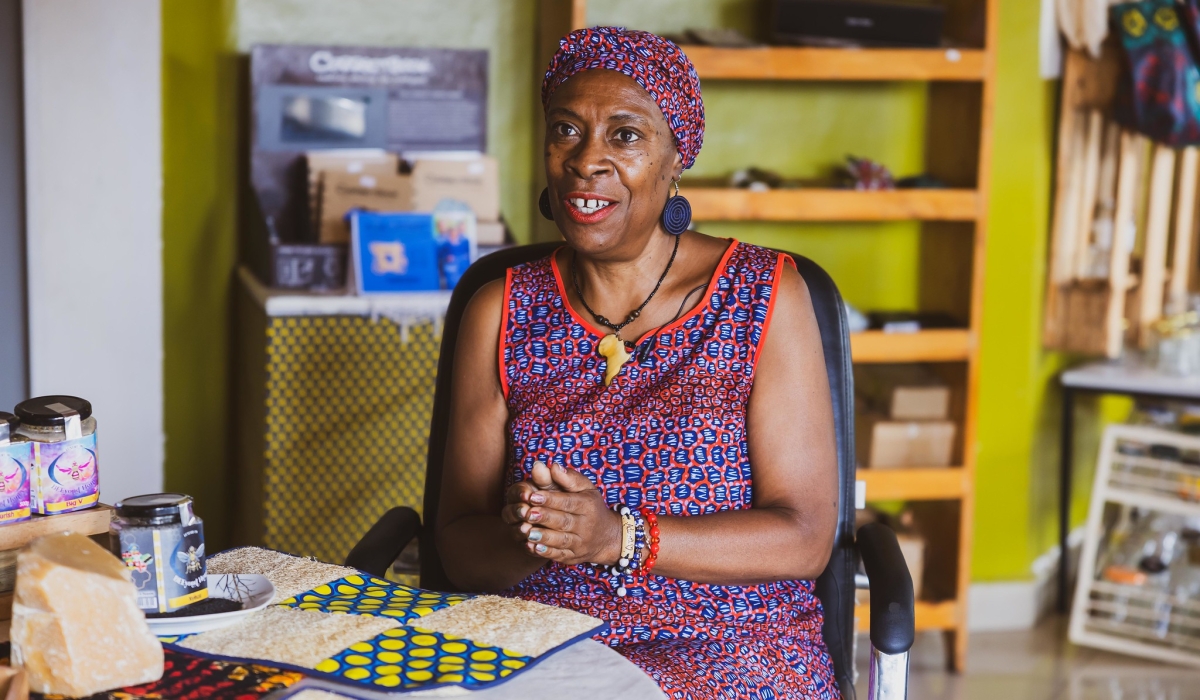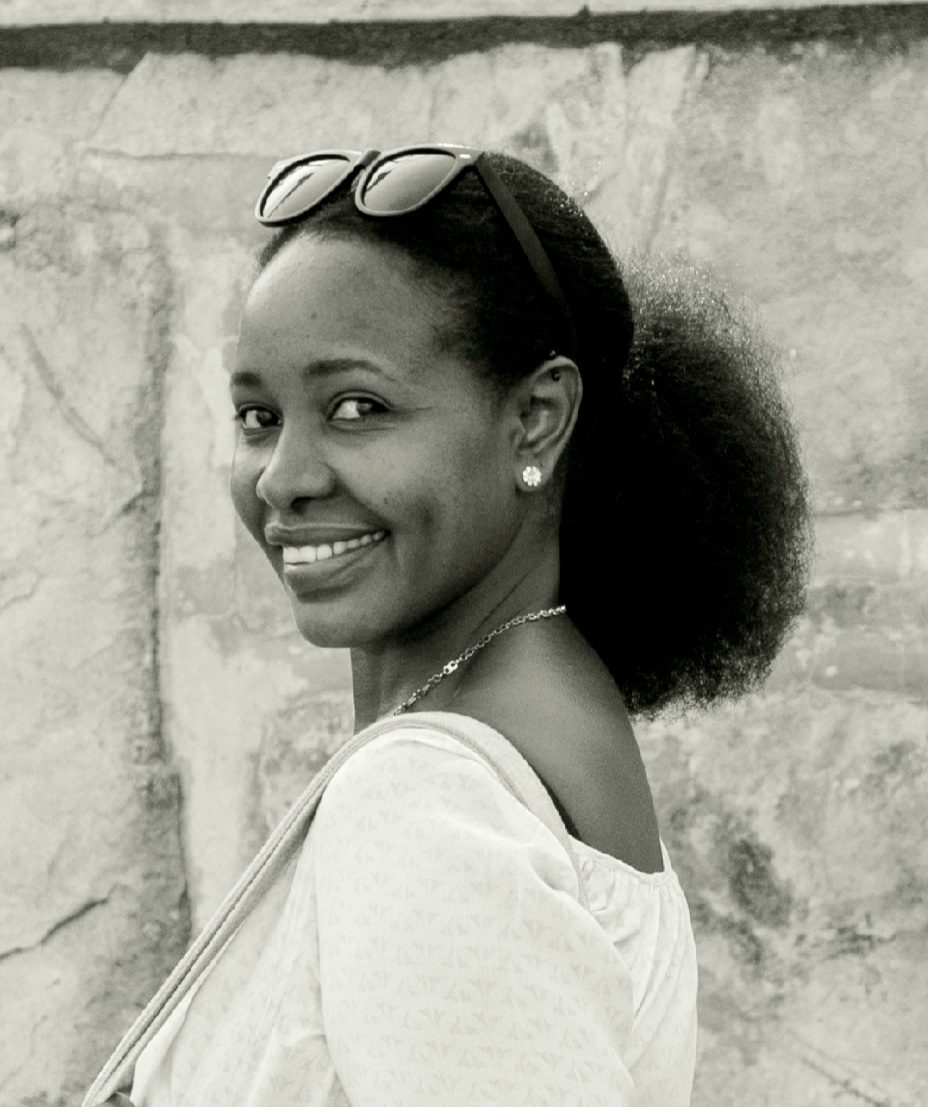From the Caribbean to Rwanda: Adowa Koren’s green revolution and the growing Afro-Caribbean connection

Adowa Dejean Koren -Lynch, who moved to Rwanda in 2022, during the interview with The New Times. Photos by Willy Mucyo

